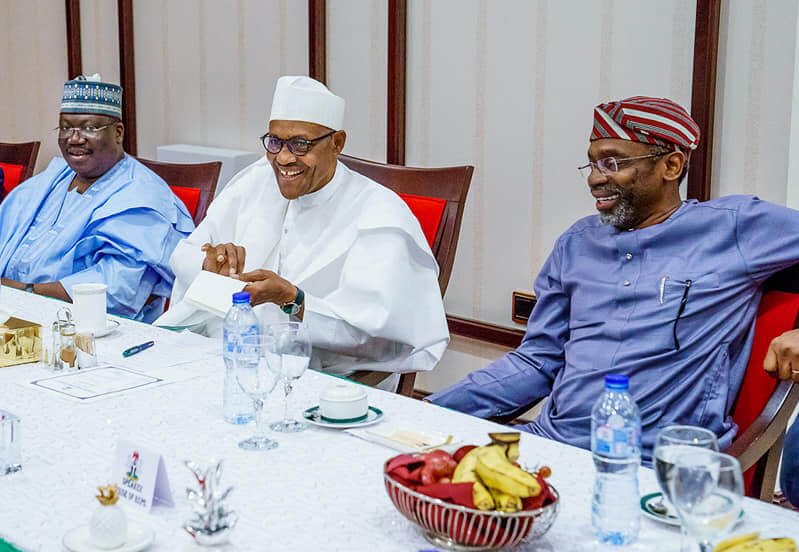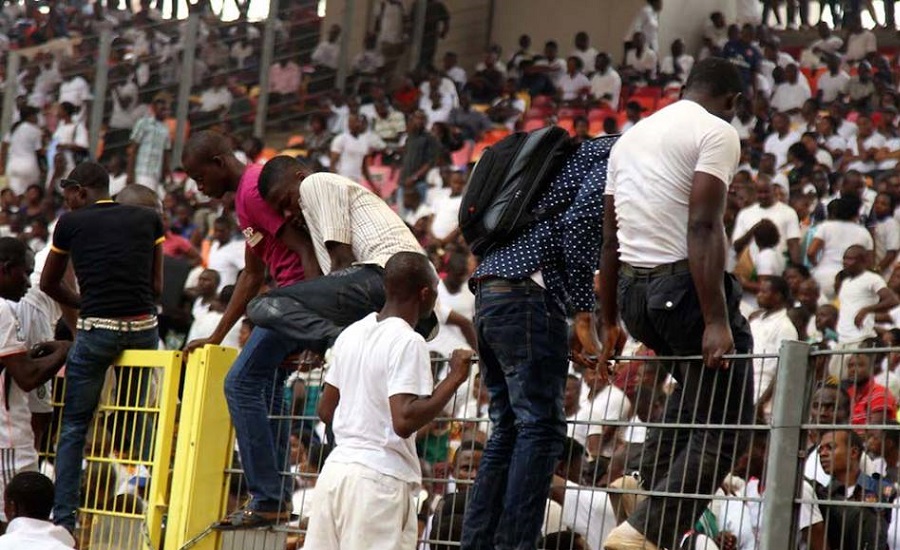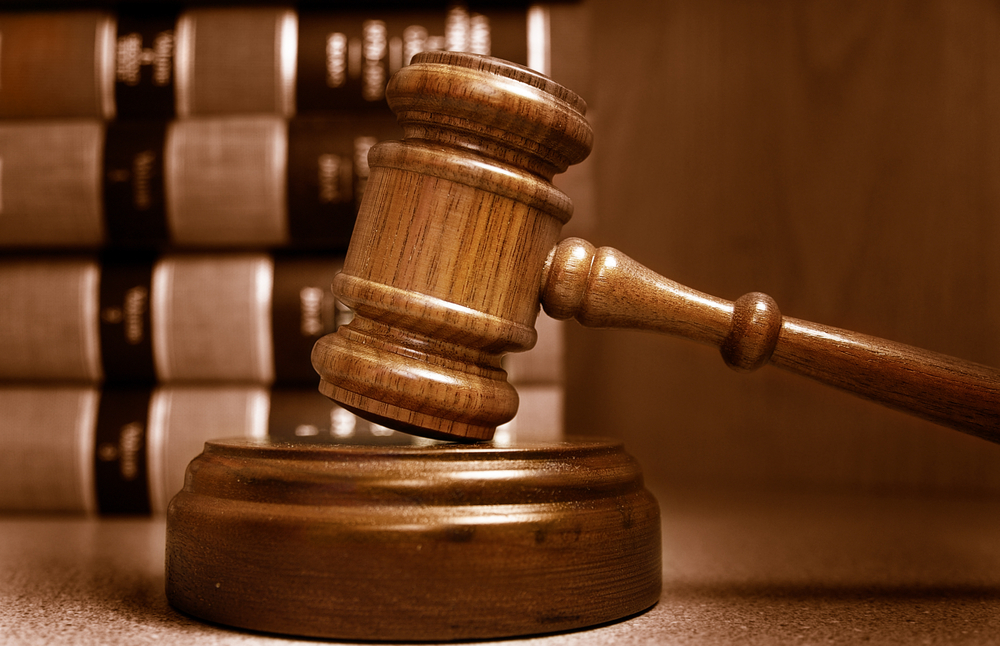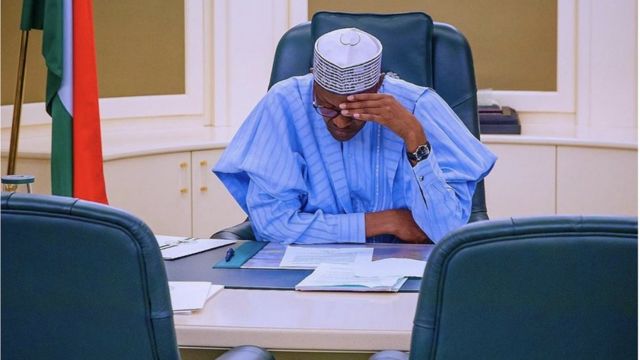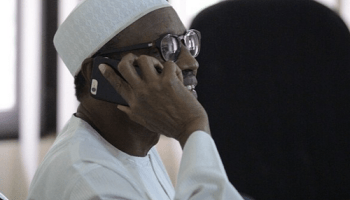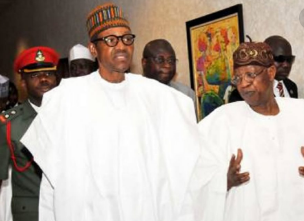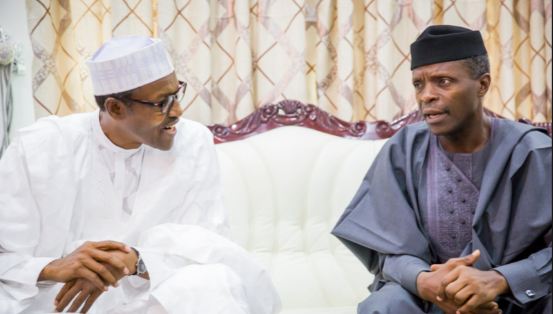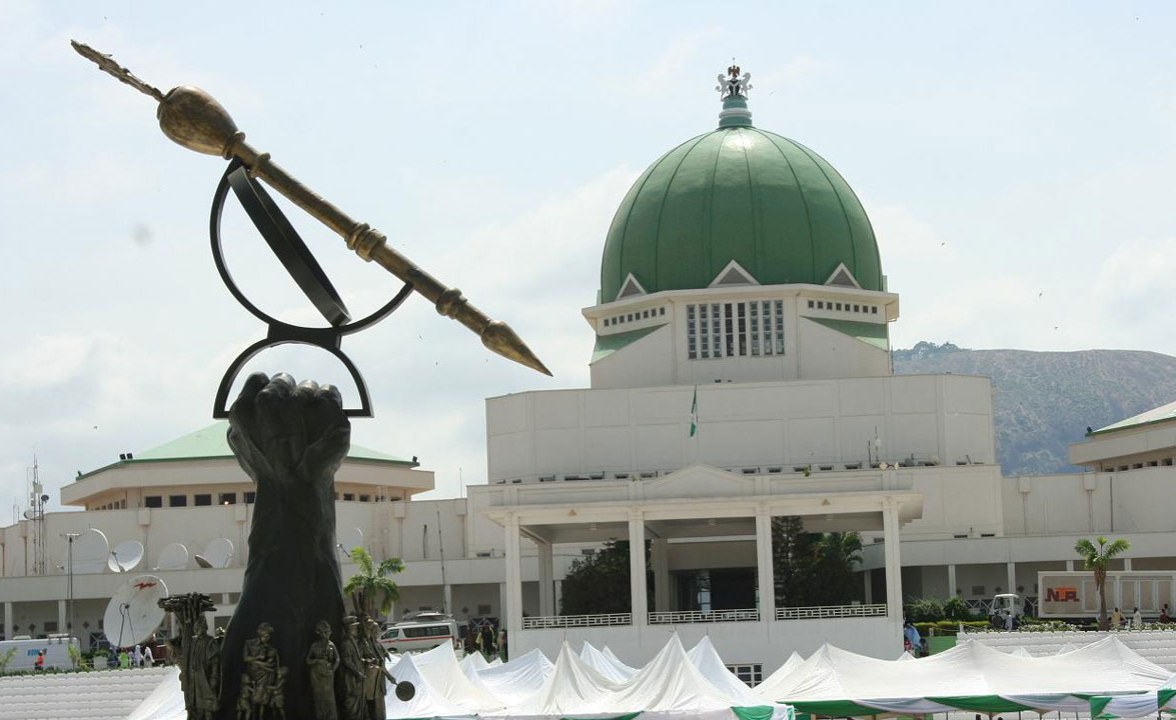A new report by the Socio-Economic Rights and Accountability Project (SERAP) has revealed how “widespread and systemic corruption in ministries, departments and agencies (MDAs) especially in the education, health and water sectors are plunging millions of Nigerians further into poverty.”
According to the report, “Budget fraud, procurement fraud, embezzlement of funds among other illegal actions, lead to failure in the delivery of services including education, water and health. People living in poor neighbourhoods have suffered so much that they consider poor service delivery as being good enough.”
The 61 pages report launched today at the Radisson Blu Hotel, Ikeja, Lagos, is titled: The Ignored Pandemic: How Corruption in the Health, Education and Water Sectors is Plunging Nigerians further into Poverty. The report presented to the media by Dr. Elijah Okebukola, discloses that “61% of people living in poor neighbourhoods ranged between having no formal education and senior secondary education.”
The report shows that, “Corruption contributes to poverty and consequential suffering of people living in poor neighbourhoods. 57.30% of people living in poor neighbourhoods were youth of between 18 and 35 years old. Poor people are victims and not perpetrators of corruption in the health, education and water sectors.”
According to the report, “Many of the 36 states in Nigeria have no documented policies for helping people living in poverty or people earning low income to have access to health, education and water. Even if these policies existed, they were not known to the public officers who serve the people living in poor neighbourhoods.”
The report urges President Muhammadu Buhari to “promptly propose an executive bill to amend the Nigerian Constitution of 1999 [as amended] to recognize Nigerians’ socio-economic rights, including the rights to an adequate standard of living, education, quality healthcare, and clean water as legally enforceable human rights”
The report also urges the Buhari administration to “ratify the Optional Protocol to the International Covenant on Economic, Social and Cultural Rights, which allows individuals and groups whose socio-economic rights are violated to access international accountability mechanism in the form of the Committee on Economic, Social and Cultural Rights.”
Among the people who attended the report launch are: Mr. Ibrahim Yusuf, Permanent Secretary, Office of the Head of Service of the Federation; Agugro R.I., Office of the Secretary to the Government of the Federation; and Mrs Veronica Agugu, Permanent Secretary, Political and Economic Affairs, Office of the Secretary to the Government of the Federation.
The report launch was also attended by Professor Akin Oyebode; Femi Falana, SAN; Dr. Oby Ezekwesili; Ms Funmi Iyanda; Sina Fagbenro; Hamza Lawal; Ade Adam, the Independent Corrupt Practices and Other Related Offences Commission (ICPC); Dr Ifeyemi Adeniran, Lagos State Ministry of Health; Ibeh Ikem, the Universal Basic Education Commission (UBEC), and Dr Oyetola, Lagos State Ministry of Education.
Others are: Dasuki Ibrahim Arabi, Director-General, Bureau of Public Service Reforms (BPSR); Waheed Ishola, Director, Director at National Orientation Agency; Adelaja Oodukoya, Academic Staff Union of Universities (ASUU); Olayinla Oyeyemi, National Agency for Food and Drug Administration and Control (NAFDAC); Adebusiyi Isaac, United Nations Office on Drugs and Crime (UNODC); and Dr Francis Ojie, National Institute for Legislative and Democratic Studies.
All the participants expressed commitment to ensure the full implementation of the recommendations contained in the report.
The report, read in part: “93.20% of people living in poor neighbourhoods were younger than 60 years old. People living in poverty were mostly self-employed (57.20%) or unemployed (20.10%) and were living in extreme poverty. Those who were unemployed outnumbered the combined number of those who worked for the government (8.30%) and private sector (7.20%).”
“48.90% of people living in poverty, that is, more than 27,453,154 (twenty-seven million, four hundred and fifty-three thousand, one hundred and fifty-four) earned less than 100 thousand Naira per annum. 27.9 per cent, that is more than 15,663,456 (fifteen million, six hundred and sixty-three thousand, four hundred and fifty-six) earned between 100 and 200 thousand Naira per annum.”
“10.70% earned between 201 and 300 thousand Naira per annum. 12.50% earned more than 300 Naira per annum. 65% of people living in poor neighbourhoods stayed in either one-bedroom or two-bedroom accommodation. Up to 4% of people living in poverty, that is, about 2,245,657 (two million, two hundred and forty-five thousand, six hundred and fifty-seven) had physical disabilities.”
“Crowded living conditions heightened the need for water. Only 19% of people living in poor neighbourhoods got water from governmental providers. Majority of poor people who received water from the governmental providers were satisfied with the quality of water they got.”
“79% of people living in poverty, that is more than 44,351,722 (forty-four million, three hundred and fifty-one thousand, seven hundred and twenty-two), did not get water from the governmental public water provider. 50.14% of people living in poverty, that is, 22,237,953 (twenty-two million, two hundred and thirty-seven thousand, nine hundred and fifty-three) people relied on personal wells or boreholes for water supply.”
“23.96%, that is more than 10,626,673 (ten million, six hundred and twenty-six thousand, six hundred and seventy-three) of people living in poverty got water from streams or rivers; 10.51% got water from neighbours’ houses; and 1.54% received water from other sources.”
“54% of respondents who had access to water from a governmental source did not pay to connect their residences to a public water source. 93% of respondents that paid for connection to a public source water provider, made their payments in cash. Despite the absence/inadequacy of learning tools, infrastructure and other relevant resources, people living in poor neighbourhoods believed that good quality education was provided in their schools.”
“About 34% of people living in poverty, that is, about 19,088,083 (nineteen million, eighty-eight thousand, and eighty-three) did not use governmental medical facilities at all. 5.2% of people living in poverty, that is, more than 2,919,354 (two million, nine hundred and nineteen thousand, three hundred and fifty-four), who went to governmental medical facilities, were denied medical treatment in the last one year.”
“52% of the people living in poverty who were denied treatment at governmental medical facilities, that is, more than 1,518,064 (one million, five-hundred and eighteen thousand, and sixty-four), were turned away because of inability to pay for treatment.”
“39% of the people living in poverty who were denied treatment at medical facilities, that is more than 1,138,548 (one million, one hundred and thirty-eight thousand, five hundred and forty-eight), were turned away because of the lack of equipment or bed-space.”
“Only 4.20%, that is, about 2,357,940 (two million, three hundred and fifty-seven thousand, nine hundred and forty) of people living in poverty, had received any direct poverty alleviation donation or support from the government in the past one year. 81% of people living in poor neighbourhoods believed that those who held top public office had better access to education, water and health.”
“92.60%, 93.80% and 94.30% believed that they would have had better access to education, water and health respectively if they had a higher income. Among people living in poverty, 28.10%, 29.30% and 31.70% did not believe that things would get better in the next one year while 51.20%, 48.90% and 46.80% believed the situation would be better in terms of access to health, education and water respectively.”
“The survey adopted a mixed-method approach, combining quantitative and qualitative research methods. The assessment covered the six geopolitical zones of the country and relying on data from the National Bureau of Statistics (NBS), the States with the highest and lowest population of people living in poverty were selected from each geopolitical zone.”
“President Buhari should widely publish the criteria for eligibility for the National Social Register of Poor and Vulnerable Households, cash transfers and other social assistance programmes, and work with community-based organizations and civil society groups to disseminate information to urban poor communities about how to be part of these programmes.”
“President Buhari should increase investment in public health, the healthcare system, education services, provision of clean water and other basic public goods and services that will benefit majority of the population.”
“President Buhari should re-direct budgetary allocations to renovate the National Assembly complex and take urgent steps to ensure that essential public goods and services are available to poor and vulnerable Nigerians, including women, children, persons with disabilities, and older persons.”
“The leadership of the National Assembly should promptly initiate bill to amend the Nigerian Constitution of 1999 [as amended] to recognize Nigerians’ socio-economic rights, including the rights to an adequate standard of living, education, quality healthcare, and clean water as legally enforceable human rights.”
“The leadership of the National Assembly should ensure that the relevant parliamentary committees collaborate to initiate independent public enquiries and fact-finding on how public funds have been spent on education, healthcare and water since the return of democracy in 1999 and look into allegations/Reports of mismanagement, misuse or diversion of public of funds.”
“The leadership of the National Assembly should make public the findings of any such investigations or inquiries by the relevant parliamentary committees on the use of public funds meant for provision of public goods and services such as education, healthcare, and water.”
“The leadership of the National Assembly should make public all Reports of investigations into allegations of corruption in MDAs including in the education, health and water sectors, and send any such Reports to appropriate anti-corruption agencies for further investigation and prosecution.”
